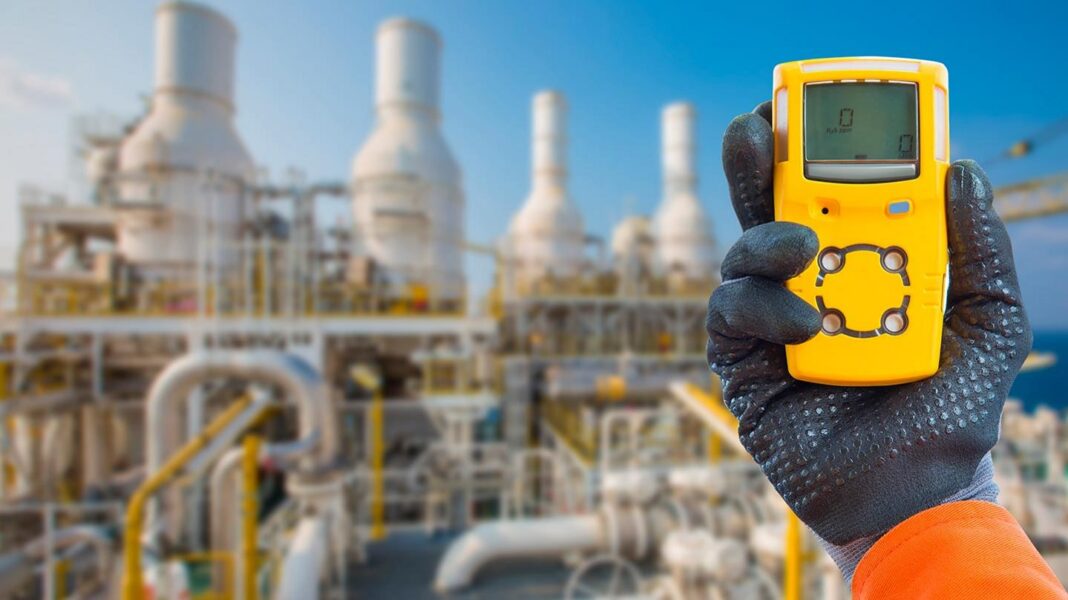The Green Guardians: How Gas Detectors Pave the Way for Sustainability
In the pursuit of a greener future, every industry must reassess its practices to minimize its environmental footprint. While often overlooked, gas detection technology plays a crucial role in ensuring safety in various sectors, including industrial, residential, and commercial settings.
However, the traditional perception of gas detectors as merely safety tools overlooks their potential to contribute to sustainability efforts. Here, we delve into how gas detectors can be transformed into sustainable instruments, aligning with the global push for eco-friendly solutions.
Firstly, let’s consider the manufacturing process. Sustainable gas detectors start with sustainable materials. Manufacturers can opt for recyclable and renewable materials in the construction of detectors, reducing the environmental impact of production. Additionally, utilizing eco-friendly manufacturing processes, such as energy-efficient machinery and waste reduction techniques, further enhances the sustainability of these devices.
Moreover, the energy consumption of gas detectors during operation is a critical aspect to address. By implementing energy-saving features like low-power consumption components and automatic shut-off mechanisms during periods of inactivity, gas detectors can significantly reduce their energy usage. This not only lowers operational costs but also lessens the demand on energy resources, contributing to a more sustainable energy landscape.
Furthermore, the longevity and durability of gas detectors are paramount. Designing detectors to withstand harsh environments and rigorous usage prolongs their lifespan, reducing the frequency of replacements and ultimately decreasing waste. Incorporating modular designs also allows for easy repair and upgradeability, extending the utility of detectors and reducing electronic waste—a significant contributor to environmental degradation.
In addition to their hardware, the software and connectivity features of gas detectors can be optimized for sustainability. Integration with smart technologies enables real-time monitoring and data analysis, facilitating proactive maintenance and early detection of gas leaks or anomalies. This not only enhances safety but also minimizes the environmental impact of gas-related incidents by preventing potential leaks or emissions.
Furthermore, the data collected by gas detectors can be leveraged to optimize resource utilization and operational efficiency. By identifying trends and patterns in gas emissions, industries can implement targeted measures to reduce their environmental footprint. For instance, detecting inefficiencies in combustion processes can lead to adjustments that enhance fuel efficiency and decrease emissions, aligning with sustainability goals.
Additionally, the role of gas detectors extends beyond industrial settings to impact urban environments and public health. In urban areas, gas detectors can monitor air quality, detecting harmful pollutants and contributing data to initiatives aimed at mitigating pollution and improving public health outcomes. By providing actionable insights, gas detectors empower communities to take informed actions towards cleaner, healthier environments.
Education and awareness also play a crucial role in promoting the sustainability of gas detectors. By educating users about the environmental benefits of sustainable gas detection practices and encouraging responsible usage, manufacturers can foster a culture of sustainability within industries and communities.
In conclusion, gas detectors have the potential to be transformative tools in the journey towards sustainability. By prioritizing sustainable manufacturing practices, optimizing energy efficiency, enhancing durability, leveraging smart technologies, and promoting environmental awareness, gas detectors can not only ensure safety but also contribute to a greener, more sustainable future.
As industries and communities increasingly prioritize sustainability, gas detectors stand poised to become not just guardians of safety, but also champions of environmental stewardship.
